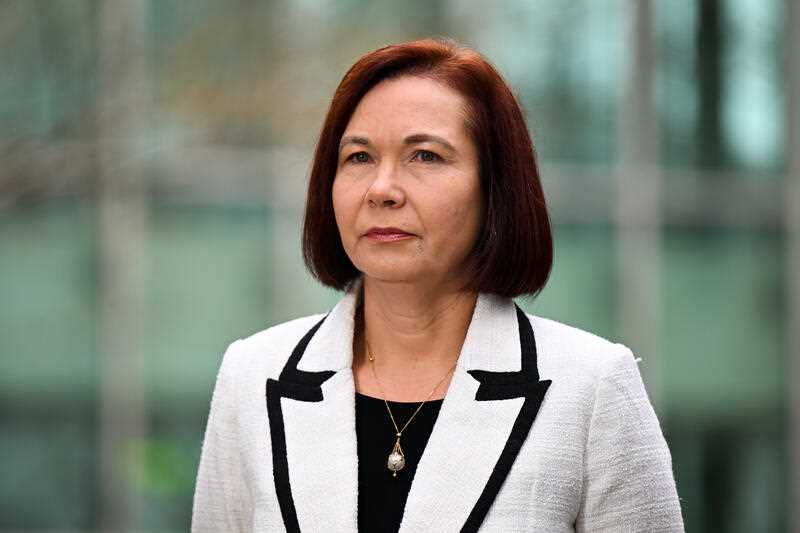Proposed workplace laws aimed at preventing employee exploitation will only increase the burden on businesses, a peak lobby group says.
Minerals Council of Australia chief executive Tania Constable will tell a Senate inquiry on Tuesday that the proposals stifle productivity and add unnecessary complexity.
The laws seek to end the practice of companies using labour-hire workers to undercut the rate of pay agreed for employees.
They also aim to criminalise wage theft and bolster protection for gig workers.
Pathways will be created for casual workers to become permanent, while discrimination will end for survivors of domestic violence.
“The legislation is fundamentally flawed and will inflict immense harm to the Australian economy, dramatically increase the cost of doing business and chase jobs and investment overseas,” Ms Constable will tell the inquiry.
“The proposed changes are not modest or housekeeping and do not apply to a limited number of businesses.
“They create a complex maze of obligations and new legal hurdles.”
The mining peak body also argues the laws have too few exemptions, capturing any business that provides workers, services or skills to another company, potentially rendering many small operations unviable.
The ACTU has called on lobby groups and the opposition to stop blocking the legislation, which it argues will deliver better wages for workers during the cost of living crisis.
ACTU President Michele O’Neil said the nation was in a wage “emergency”.
“We need an economy that works for all Australians, not just those at the top, and in this cost-of-living crisis, any delay will only inflict more financial pain on workers right at the time where they need support the most,” she said.
The Business Council of Australia will also make an appearance before the inquiry’s first round of hearings, along with key transport groups such as the Transport Workers Union and the National Road Freighters Association.
The federal government had hoped to pass the workplace laws by the end of the year.
However, those hopes were dealt a blow when the opposition teamed up with the crossbench to delay the reporting date for the Senate inquiry until February next year.
The government was urged to split the workplace laws in order to fast-track non-contentious parts of the legislation.
By Andrew Brown in Canberra



